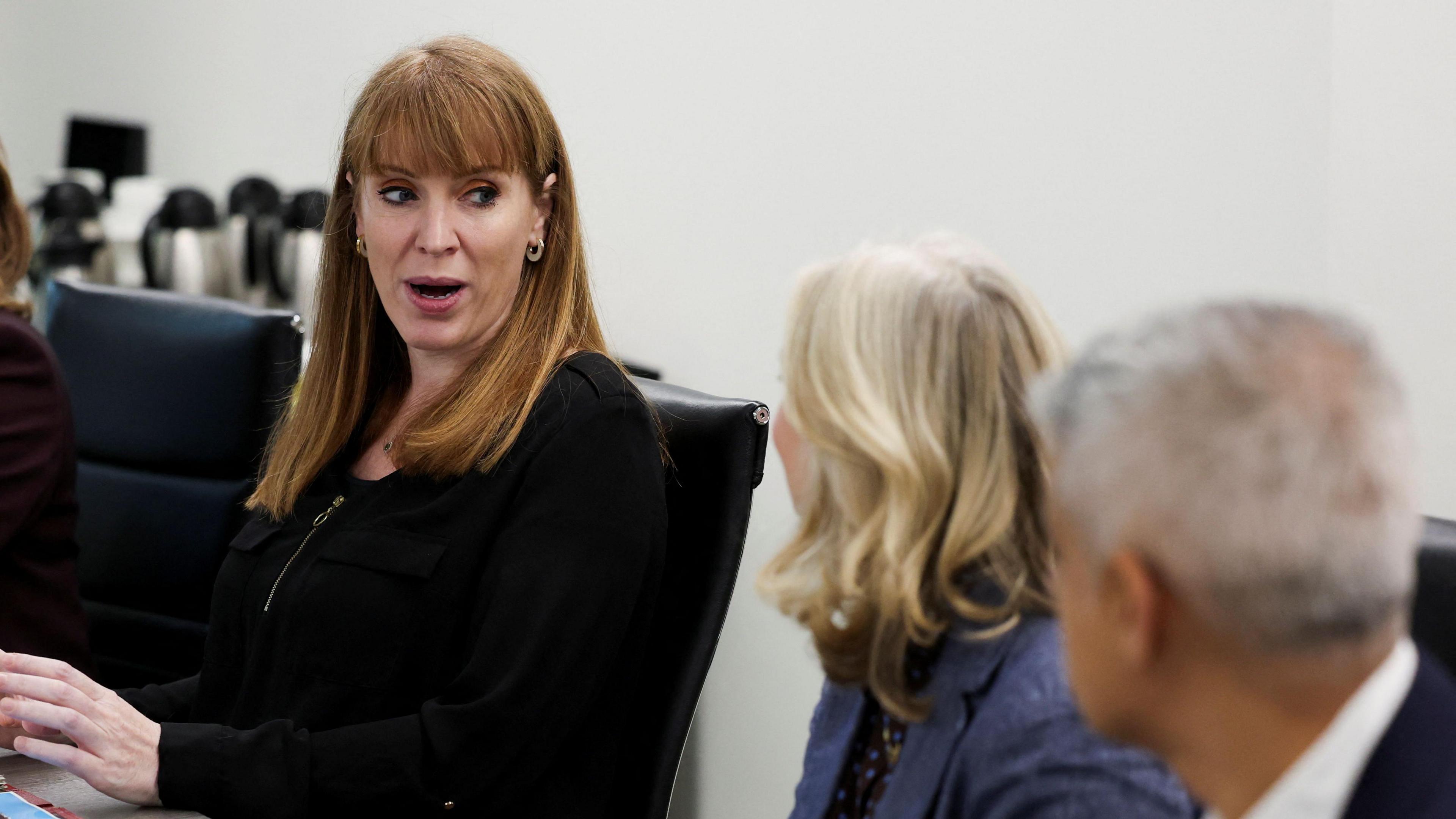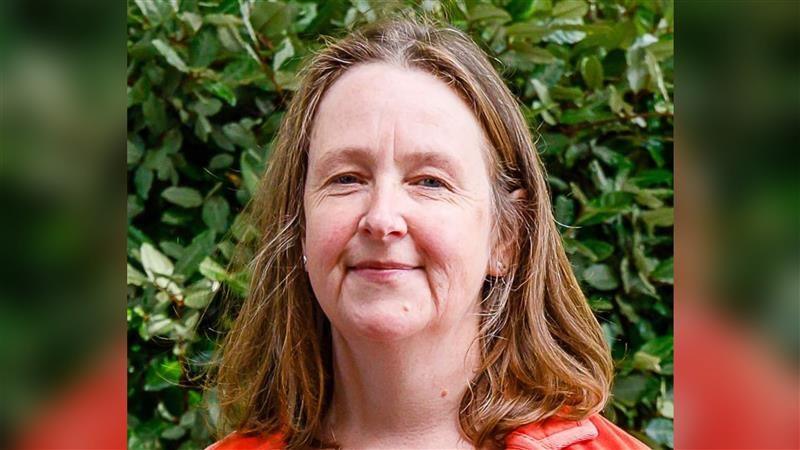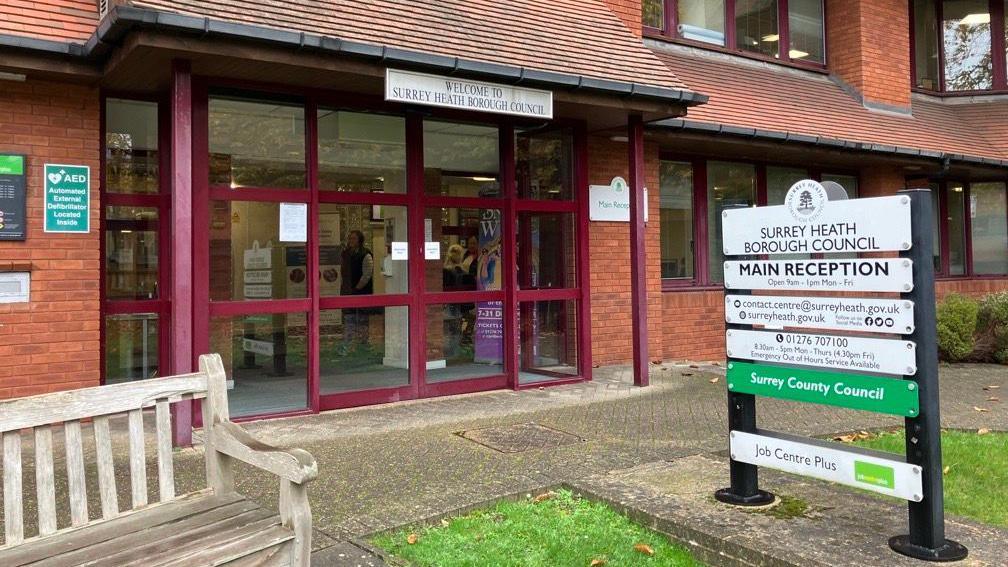Concerns and conflicting bids over devolution

Deputy prime minister Angela Rayner met current elected mayors as she announced plans to introduce devolution throughout the south
- Published
Politicians in Sussex have voiced mixed views over plans to merge councils and move towards elected mayors, with one leader calling it "a death knell for local democracy".
Deputy Prime Minster Angela Rayner has announced plans to abolish borough and district councils in favour of larger, combined strategic authorities in England.
In recent months, Brighton & Hove, East Sussex and West Sussex have all submitted separate expressions of interest for devolved power.
The UK Government has said devolution will give regions a bigger voice, unlock economic growth and help build 1.5m homes across England.

Zoe Nicholson is the Green Party leader of Lewes District Council
The Labour leader of Brighton & Hove City Council previously said devolution would be an "excellent opportunity" for the city.
Green Party leader of Lewes District Council, Zoe Nicholson, called the plans a "power grab" and said the idea it would give control to local people was "absolute nonsense" and "an insult to our intelligence".
"It represents the death knell for local democracy," she added.
She accused Rayner of "bringing down the elected institutions that stand in her way" to force through planning decisions about new house building."
She added: "We cannot allow the government to ride roughshod over the democratic rights of residents and hand yet more power to men in grey suits."
Conflicting devolution bids
In October, Brighton & Hove City Council submitted an expression of interest in devolution to the government.
But because the city has a population of 280,000, it would need to expand to meet the government requirement of at least 500,000 people under a new strategic authority.
Its letter to the government was co-signed by the leaders of all seven West Sussex borough council leaders.
It did not include plans for an elected mayor.
Meanwhile, a separate, conflicting bid for devolution was also submitted by West Sussex County Council.
A bid submitted by East Sussex County Council was signed by the leaders of all five of its district councils and other local political party leaders.
Conservative leader of East Sussex County Council Keith Glazier said: "Our priority will be that any changes should benefit the people of East Sussex.
"All the services local government provides require stability and secure funding, especially in this time of intense financial pressure.
"We are fortunate that all local government partners in East Sussex have a long track record of working closely and effectively together."
Current two-tier system
Local services in East and West Sussex are currently governed under a two-tier system, with an upper tier county council and a total of 12 lower tier borough and district authorities.
County councils are responsible for social care, education, transport and major infrastructure, plus waste management, fire, public safety, trading standards and libraries.
Borough and district councils are responsible for housing and planning, waste collections and collecting council tax.
Since 1997 Brighton & Hove City Council has been a unitary authority responsible for all the city's local services.
Follow BBC Sussex on Facebook, external, on X, external, and on Instagram, external. Send your story ideas to southeasttoday@bbc.co.uk, external or WhatsApp us on 08081 002250.
Related topics
- Arun District Council
- Hastings Borough Council
- West Sussex County Council
- Lewes District Council
- Rother District Council
- Crawley Borough Council
- Adur District Council
- Wealden District Council
- Worthing Borough Council
- Chichester District Council
- Mid Sussex District Council
- Brighton and Hove City Council
- Horsham District Council
- East Sussex County Council
- Eastbourne Borough Council
Related internet links
- Published16 December 2024

- Published16 December 2024

- Published16 December 2024
